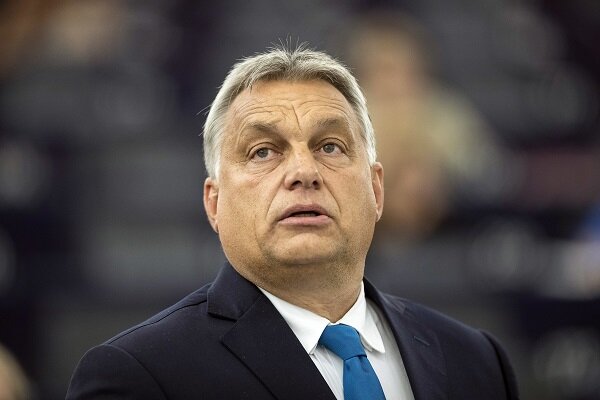Norway denied four of the demands in negotiations with Hungary about EEA funds. Now the Hungarian government has warned Norway that the money is voluntarily given.
‘’This money belongs to Hungary. It’s not that it’s optional,” said the Hungarian government spokesperson, Zoltán Kovács, to NTB news.
He recalled that EEA funds are Norway’s entry ticket to European markets.
“The money will be paid because we have opened up our markets because we follow the rules in a system that Norway can also benefit from.’’
Prolonged conflict
Hungary has a pot of 214.6 million euros in EEA funds waiting from Norway,Iceland and Liechtenstein. The total is approximately NOK 2.1 billion and will cover the period from 2014 to 2021.
But so far, not a single penny has been paid.
This is due to a long-term conflict about the part of the monetary aid that is going to go to civil society. Norway’s requirement is that this money is to be managed by an operator that is independent of the authorities.
Hungary, on the other hand, wants political control.
“It should be the country that receives the money who determines how it is used,” said Kovács.
Inevitable requirements
From the Norwegian side,the message is that four of the principles do not matter.
“Our inevitable requirement is that the civil society fund operator should be independent of the Hungarian authorities. We are sticking to our position,’’ said Secretary of State, Audun Halvorsen of Høyre (H) at the Ministry of Foreign Affairs.
Hungary is now ready to become the last country Norway signs an agreement with.
Agreements are already in place for 13 of the 14 other EU countries that receive money through the scheme. An agreement is also be about to be signed with the 14th country,which is Cyprus.
Could take time
Norway’s original goal was to get all the agreements in place before the New Year last year.
Now the Norwegians are trying to predict how long the talks will take.
“It is more important to agree on a good deal that both parties are comfortable with than to arrive at a rushed solution. For that reason we will use the time needed,” said Halvorsen.
The conflict has already been going on for a number of years.
In 2014, Norway decided to freeze all aid to Hungary. It happened because the Hungarian government tried to expel Ökotárs, one of the organizations that then managed the support for civil society in Hungary, and took control themselves.
A fierce political argument followed, and only one and a half years later, support was
resumed.
Warning index finger
Prime Minister Erna Solberg of Høyre (H) subsequently issued a powerful warning against what she called “illiberal” powers who do not understand the need for an independent civil society.
“The civil sector is not to be controlled by the state,” said Solberg to NTB news last year.
Today, the conflict is also beginning to blend between Hungary and the EU institutions in Brussels.
The EU believes the independence of the judiciary, the freedom of the press and the organisational life are under severe pressure, and earlier in September, the European Parliament initiated disciplinary action against the Hungarian government.
© NTB scanpix / #Norway Today





